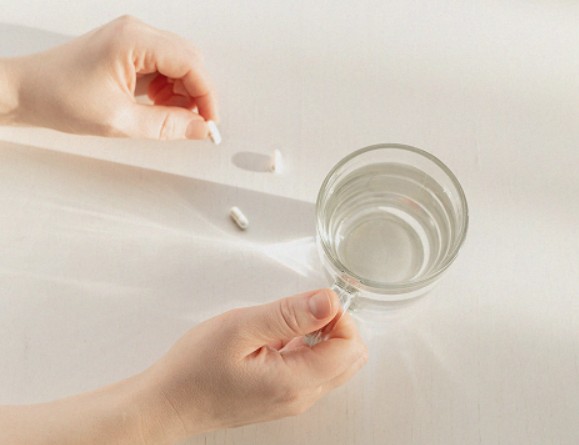Vitamin D improves cholesterol in young 
Doctors aren’t sure of the link between vitamin D and lipids in children, but imbalanced lipids are appearing more frequently in the young, perhaps due to unfavorable changes in diet and exercise. In this study, doctors measured vitamin D levels and lipid profiles in 512 children, aged six to eight.
Children whose vitamin D levels were higher than 32 nanograms per milliliter of blood (ng/mL) had lower total cholesterol levels and lower LDL— the “bad”—cholesterol levels, compared to children whose vitamin D levels fell below 20 ng/mL—the level many doctors believe is the minimum for sufficiency.
Other factors might influence the relationship of vitamin D to cholesterol including genetic and hereditary factors, body fat mass, diet, physical activity, parental education, and time of year of the vitamin D blood sample, but none of these factors changed the link between higher vitamin D levels and lower cholesterol levels.
Probiotic improves oral health
In this study, 101 boys, aged 13 to 15, took two lozenges containing the probiotics lactobacillus rhamnosus and bifidobacterium lactis, or two placebo lozenges, per day. After four weeks, while there was no change in the placebo group, boys taking the probiotic lozenges had significantly lower levels of several bacterial strains in saliva and plaque that are linked to periodontitis, plaque, and gingivitis.
Discussing the findings, doctors said the probiotics improved gingival health and decreased microbial counts, and “may serve as a simple adjunct to standard oral care for promoting oral health in adolescents.”
Reference: Journal of Endocrinology & Metabolism; 2018, Vol. 103, No. 7, 2670-9
Natural Insights for Well Being December 2018
We’re dedicated to discovering the benefits of good nutrition and healthy lifestyle, and hope the above article informs and inspires you to take an active role in your health.
Articles shared on our site are to provide nutritional information only and do not replace professional medical advice.



